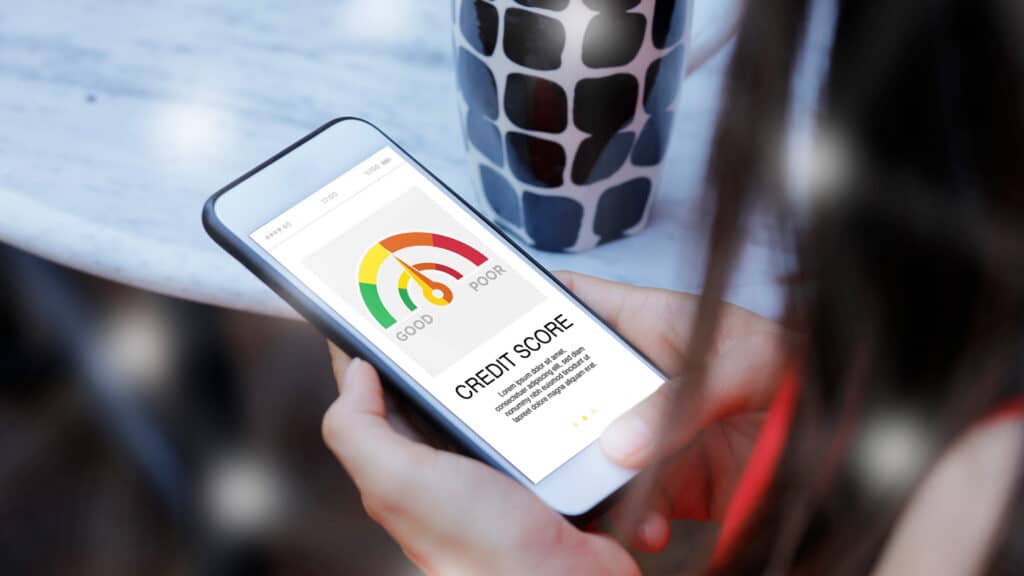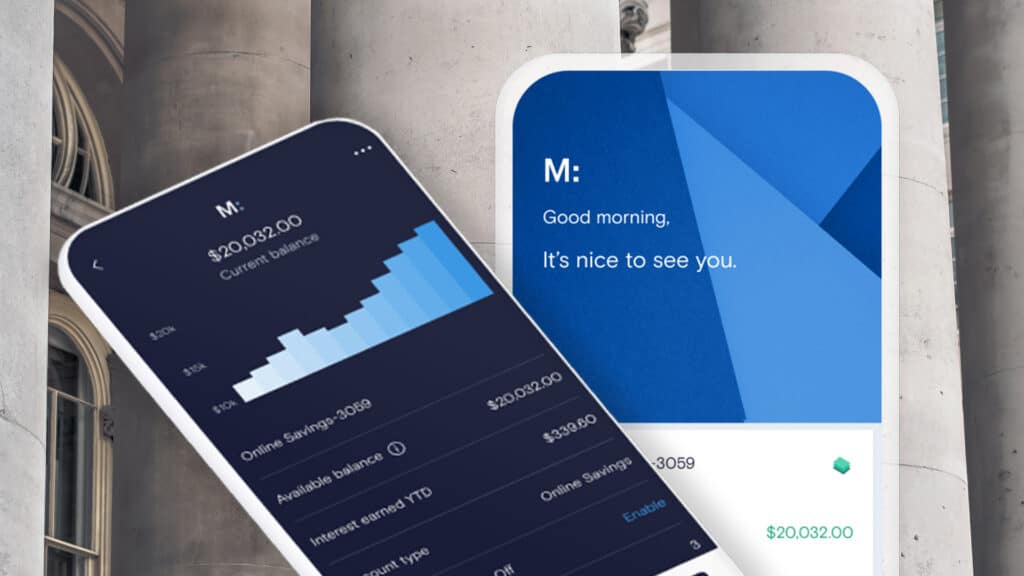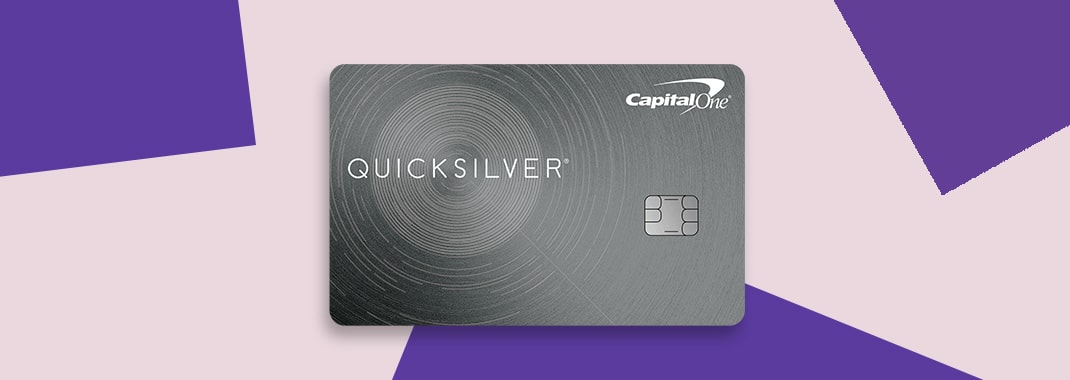Most products on this page are from partners who may compensate us. This may influence which products we write about and where and how they appear on the page. However, opinions expressed here are the author's alone, not those of any bank, credit card issuer, airline or hotel chain.
Whether you took out a personal loan for an emergency, to consolidate debt payments, or to purchase a vehicle or other large ticket item, there may come a time when you consider refinancing that loan to make payments more affordable. Here's a guide to determining whether it's a good idea to refinance a personal loan, and how to get started.
Refinancing a Personal Loan Steps How to Refinance a Personal Loan
Once you decide that refinancing a personal loan is right for you, here is a general overview of what the process may look like. The actual process may vary by lender.
-
1
Determine how much money you need
Your first step toward refinancing a loan is to determine how much money you need to pay off the existing loan. Note: some loans charge prepayment penalties for paying your loan off early. Double-check to ensure your current loan doesn't include that fee, otherwise, you may not be saving much by refinancing.
-
2
Prequalify for a new loan
Do some research and prequalify with several lenders so you can compare prices and loan terms. While this process does include a credit check, it usually will not impact your credit score until you formally apply for the loan. Make sure to include your current lender in this price comparison. You might not even need to change lenders to get a better loan if you can leverage a good banking relationship from your current lender.
-
3
Compare new loan options to your existing loan
How do the new loan options stack up against your current loan? Is the interest rate lower? Do the new loans save you money over the life of the loan? Are the terms better suited for your needs? Is it worth refinancing? Consider all the factors to make sure refinancing benefits you.
-
4
Apply for the loan
Applying for a refinanced loan requires just as much paperwork as the original loan application. You may be required to provide proof of income, your social security number, bank account statements, and previous tax documents. The application process will include an official credit check, which will impact your credit score but only temporarily. Remember to read the fine print as it can contain unwanted surprises down the road if you don't.
What does it mean to refinance a loan?
Refinancing a loan means applying for a new loan to replace an existing one, usually with different terms such as a lower interest rate or a new payment schedule. Once you are approved for a new loan, you'll use money from that loan to pay off the old loan, and will now be paying off the new loan with more favorable loan terms. The ultimate goal of refinancing is to help save money in the long run.
Can you refinance a personal loan?
Yes, it is possible to refinance a personal loan as long as you qualify to do so. You could potentially earn a smaller interest rate and save money over the life of the loan by refinancing. Or, you could even shorter the term of the loan so you can pay it off faster.
You may be able to refinance your loan using the same lender, but it's best to check with your lender first and research all your options before making a decision.
Do I qualify for a personal loan refinance?

In order to determine if you qualify for a personal loan refinance, you'll need to work with your lender to determine your eligibility. Each lender will run through a process to determine if you prequalify for a loan and what your rates, monthly payments, and loan terms may be.
During this pre-qualification phase, lenders may:
- Check your credit history and run a credit check
- Review your debt-to-income ratio
A pre-qualification check typically won't hurt your credit score, as lenders usually run a soft pull during this step. If you prequalify for a loan, you'll be able to compare the rates of new loans so you can determine whether refinancing a current personal loan is worth it. It's important to shop around and compare loans and lenders before making a decision.
After prequalifying, you'll need to apply for the loan through the formal refinancing process.
Pros and Cons of Personal Loan Refinancing
Similar to any big financial decision you make, refinancing a loan carries its pros and cons. Here are some of the advantages and drawbacks to consider when deciding to refinance a loan.
Pros
- Lower interest rate
- Better terms
- Pay off a loan early
Cons
- New loan fees
- Early prepayment penalties
- Could pay more over the life of the loan
- Impact on your credit score
Pros of Refinancing a Personal Loan
- Lower interest rate — The top reason people opt to refinance any loan is to acquire a smaller interest rate. A loan with a smaller interest rate will lower your monthly payments and save you money over the life of the loan. Refinancing with a lower rate can also help with debt consolidation, such as when tackling credit card debt, so you pay less in interest across all debts.
- Better terms — During refinancing, borrowers may be able to secure more favorable terms in the new loan, such as better rates, payment schedules, lower monthly payments, etc. For example, a new loan may allow you to extend the repayment period in order to decrease monthly payments or it may include a fixed interest rate versus a variable one, which means your payments will be more predictable.
- Pay off a loan early — If you've received a raise or promotion and can comfortably afford to pay larger monthly payments, refinancing your loan into a shorter-term loan could help you pay off that loan faster.
Cons of Refinancing a Personal Loan
- New loan fees — Each time you apply for a new loan, you're required to pay fees, including origination fees that cover processing costs. While refinancing can be a way to save money overall, there are still extra costs required in the process that borrowers need to factor in.
- Early prepayment penalties — Believe it or not, some loans charge penalty fees if you pay off the loan early. Sounds odd, but lenders are losing out on the added interest rate if you pay off your loan early. This is the lender's way of regaining some of that profit.
- Could pay more over the life of the loan — If you're refinancing due to financial hardships and need smaller monthly payments, you may end up with a longer loan term. A longer-term could mean you pay more over the life of the loan than you would have on your previous loan.
- Impact on your credit score — Each time you apply for a new loan, your credit score takes a temporary hit. While there isn't likely to be long-term harm to your credit score, the temporary drop can affect your ability to qualify for other financial products that rely on having a strong credit score during that period of time.
 Related Article
Related Article
How to Prequalify for a Personal Loan, and Why It Can Be a Good Idea
When to Refinance a Personal Loan

A personal loan refinance is an important financial decision that may not be right for everyone. Here are some things to consider when deciding whether refinancing a personal loan makes sense and when it doesn't.
Yes, refinancing a personal loan can make sense if:
- It can save you money — This is a no-brainer. If you crunch the numbers and see that a refinanced personal loan can save you money month-over-month or over the life of the loan, it can be beneficial to do so. That is, if you can also afford the fees involved in the application process.
- Your credit score improved — If you've been working hard at increasing your credit score, you could benefit from refinancing to a new loan because a better credit score is more likely to get you a lower interest rate. And a lower interest rate can save you money in the long run.
- Your income changed — If your income increased or decreased and you are able to adjust your loan payment to either pay it off sooner or turn them into more affordable payments, it may be a cost-effective idea to refinance.
- You want to avoid a balloon payment — Some loans include a balloon payment at the end of the term. A balloon payment is a larger payment due at the end of the loan's term. To avoid this larger payment, it may make sense to refinance to a loan that doesn't include this type of payment.
- You want to change your rate type — If your current loan has a variable Annual Percentage Rate (APR), it may be difficult to predict what your monthly payments will be. To make payments more predictable, you may want to refinance to a loan that features a fixed rate APR so you know exactly how much you'll be spending on your loan each month.
No, refinancing may not make sense if:
- Your loan is nearly paid off — It may not make sense to incur new loan origination fees if your existing loan is nearly paid off. Consider putting that money toward paying off the rest of your current loan instead.
- Interest rates are not favorable — The biggest reason to refinance a loan is to save money over the life of the loan. If you'd be taking on a higher interest rate, it's likely not worth it. The only time to do this would be if you required lower monthly payments and/or a longer repayment period and couldn't find better rates.
- Extending the repayment period will cost more overall — If by extending the repayment period you end up paying more in the long run, it may not make sense to refinance unless you need to lower your payments to make them more affordable to you.
- You'll pay more in fees than you'll save — Origination fees vary by lender, which can range from 1% to up to 10% of the loan amount. This can add up to a big number depending on the loan amount. Figure out how much you'll be saving and compare that to what you're paying in fees. If you'll be paying more in fees than what you'll save by refinancing, it may not make financial sense to refinance.

The Best Personal Loans of April 2024
Is a personal loan refinance right for you?

There are a lot of factors to consider when deciding whether to refinance an existing loan or stick to your current loan. Do your research and crunch the numbers to make sure you benefit financially before making the decision. Take into consideration the pros and cons, the fees, and any hidden costs that may affect your decision.
FAQs
-
Yes. Through a loan modification, borrowers who are struggling to keep up with monthly payments may be able to negotiate the terms of their personal loan to avoid defaulting. If you have a good relationship with your lender (i.e. you’ve made a conscious effort to repay your loan on time or are seeking help before it’s too late), they may be willing to help you renegotiate the terms of your current loan to make it easier for you to make payments.
-
In general, yes, any time you sign up for a new loan, your credit score may dip due to the credit score check and opening a new line of credit. This drop in credit score is usually only temporary, though.
-
To lower the interest rate on your personal loan, you can either modify your existing loan with your current lender or shop around for refinanced loans that offer lower interest rates. The better your credit score, the more likely you are to receive a lower interest rate. If your credit score could be better, work on increasing it before looking to lower your interest rate.
-
There’s no set waiting period between the time you take out a loan and when you can refinance. Some lenders may request that borrowers wait at least six months, but you have the option to switch to a different lender who may not require you to wait as long before refinancing into a new loan.
Remember, some lenders may charge a prepayment penalty fee, so if you refinance shortly after taking out a loan, you may incur additional charges for paying off the initial loan earlier than planned.
-
Yes, it is usually possible to add a co-signer when you are refinancing the loan, as long as the co-signer also meets the qualifications. If you’re having difficulty qualifying for a loan refinance, adding a co-signer may improve your chances.

















